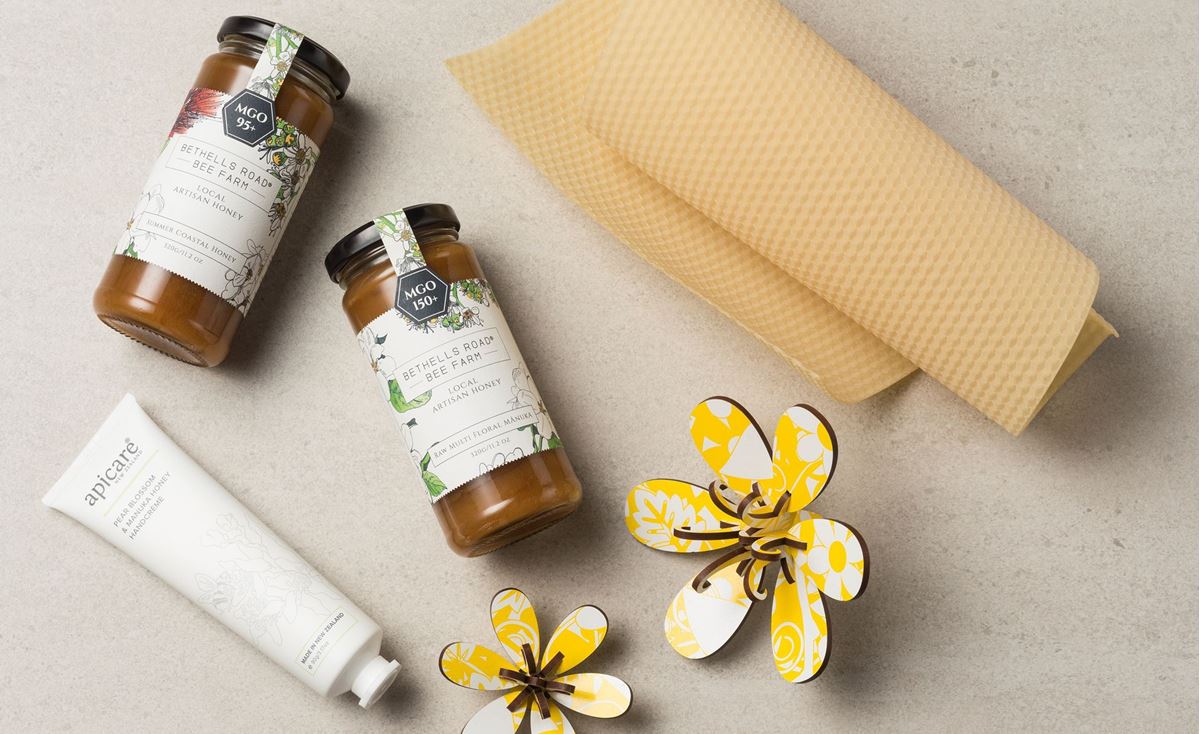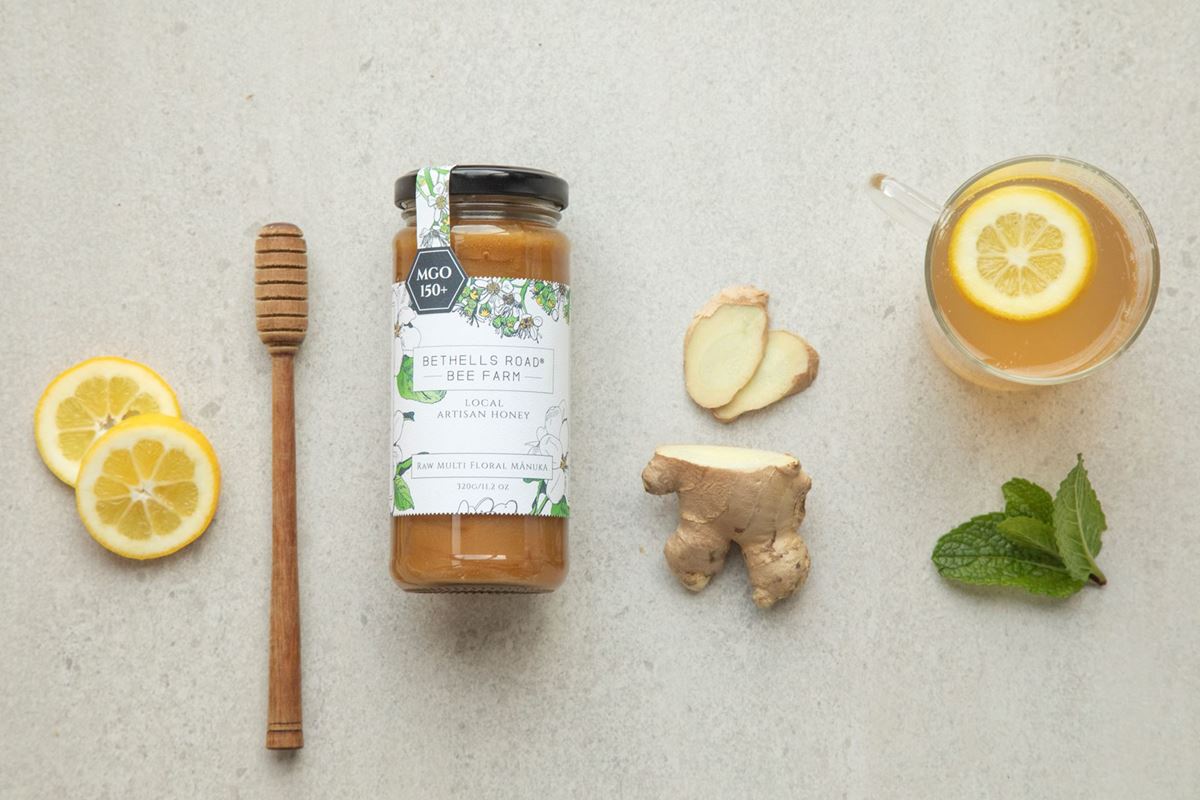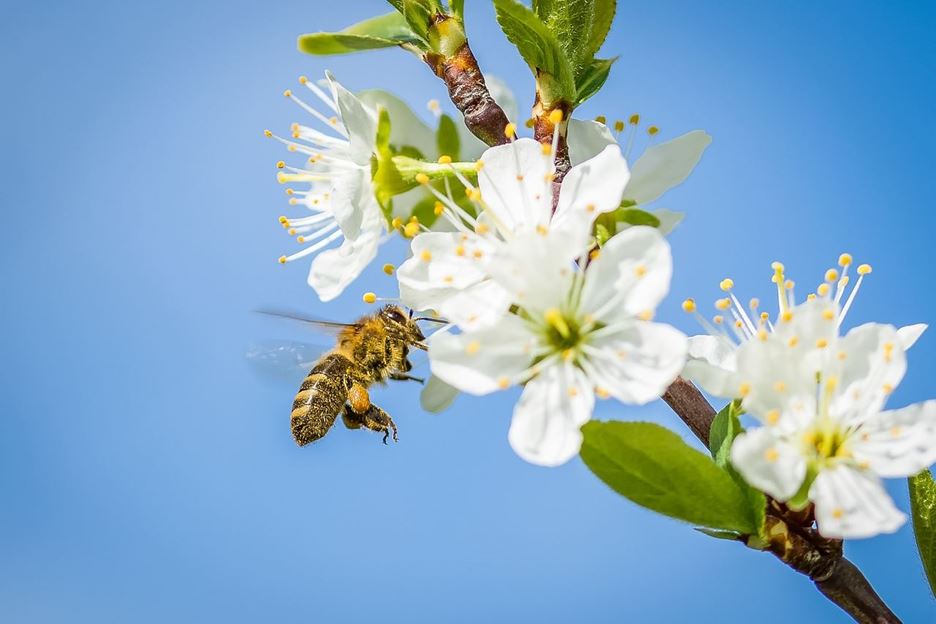A world without bees would look very different and change our lives enormously. Bees are the world's most important pollinators, fertilising a third of the food we eat and 80% of flowering plants.
During lockdowns around the world one of the biggest environmental impacts of the global shutdown have been the significant reduction in air pollution.
Less fumes from cars on the road makes in easier for the bees to forage, as air pollution substantially reduces the strength and longevity of floral scents, according to a 2016 study.
Pollutants break down scent molecules emitted by plants, making it harder for bees to detect food. This means they often end up flying further to find food and bring it back to the hive.
Ozone concentrations of 60 parts per billion, which the US Enviromental Protection Agency classes as "low" was enough to cause chemical changes that confused bees and prevented them from foraging efficiently, the study found.
"In a world with less pollution, bees can make shorter and more profitable shopping trips and this might help them rear more young" says Marl Brown, professor of Evolutionary Ecology at Royal Holloway, University of London.







